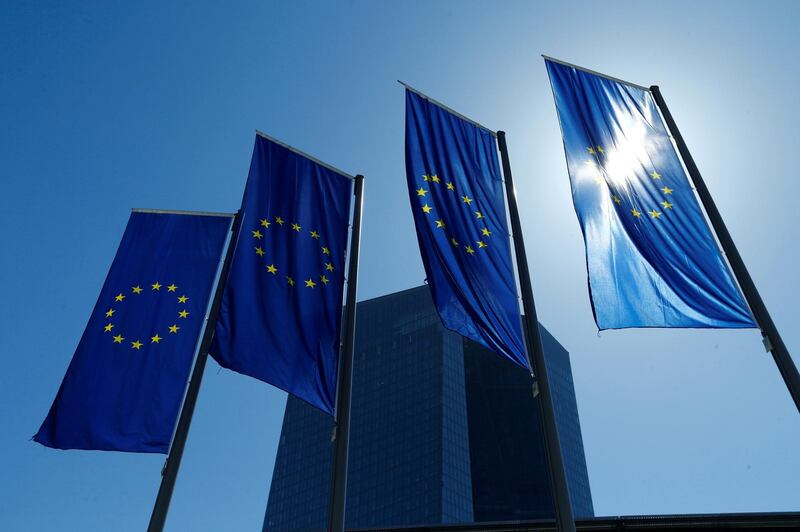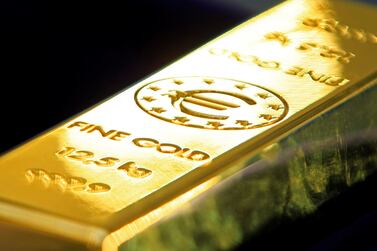Economic confidence in the eurozone dropped for a 10th month in April to the lowest in more than two years, indicating the region may struggle to pick up from its recent slump.
The European Commission's monthly survey showed an industrial morass is increasingly entrenched as companies continue to struggle with the global slowdown and homegrown difficulties, notably the upheaval in Germany's car industry.
The headline index, which assesses the mood of households and businesses, fell sharply to its lowest level since September 2016. Confidence in industry was particularly weak as managers become more pessimistic about production expectations, order books and stocks. In Germany, the reading hit its lowest level in three years.
The eurozone's persistent weakness - even as the US recorded strong growth in the first quarter - is becoming a major challenge for policymakers. The European Central Bank has already stretched out its stimulus efforts and is hoping for a marked improvement later in the year to avoid another rethink.
Some at the ECB are now indicating they have dwindling hope. Finnish central bank governor Olli Rehn said last week that data support the view that slower growth will continue this year and inflation expectations may have declined.
"Markets may expect that, in the current circumstances, monetary policy measures are not effective enough to accelerate inflation," Mr Rehn said Friday in Helsinki.
Maeva Cousin and David Powell, at Bloomberg Economics, said: "The 1Q GDP figures will be released tomorrow and provide a clearer picture of how the region's economy has fared at the start of the year. We look for an expansion of 0.2% and, on balance, view the risks as skewed to the upside. "







